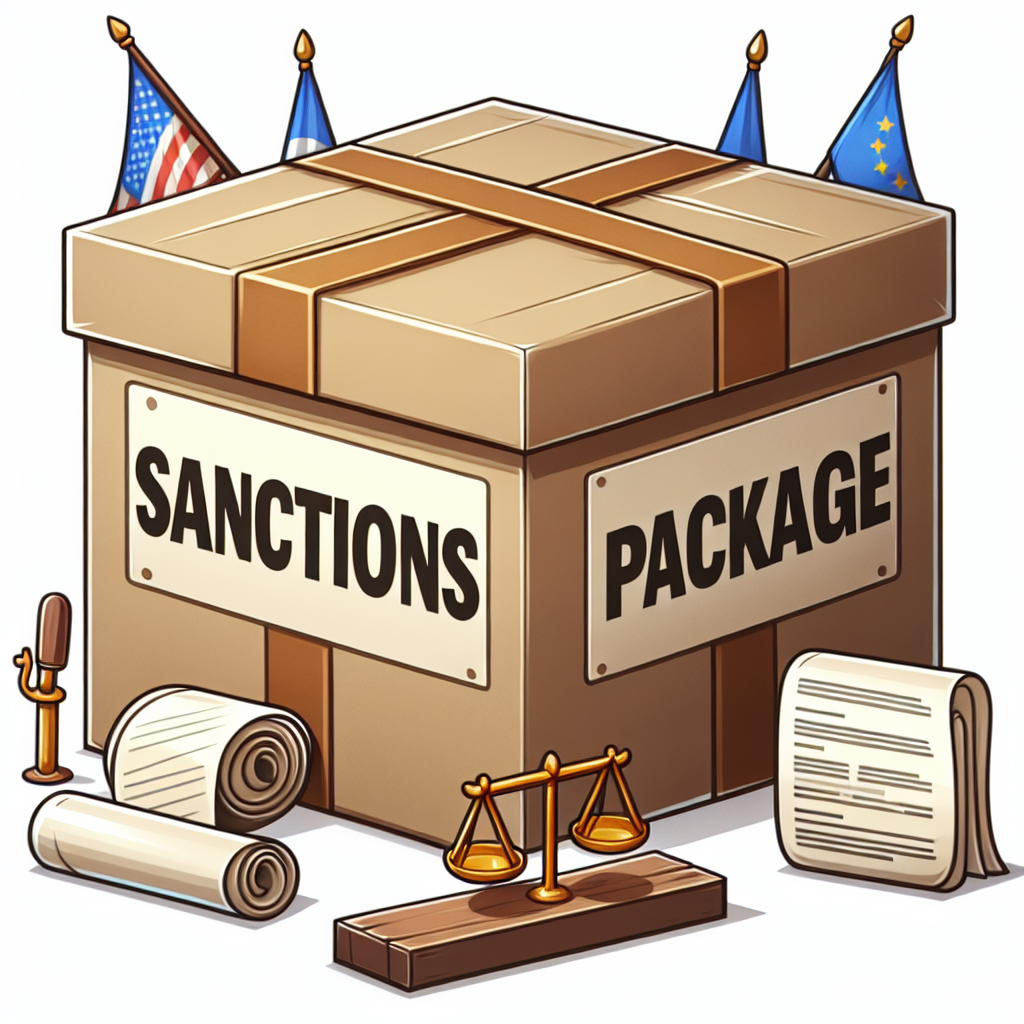EU's 18th Sanctions Package Targets Russian Oil Revenue
The European Union has introduced its 18th package of sanctions against Russia, primarily targeting its oil and energy sector. This package includes a new price cap on Russian oil and additional bans on imports and transactions, aiming to further curb Russia's revenue from energy exports while maintaining market stability.

The European Union (EU) has launched its 18th sanctions package against Russia, a bold move primarily targeting the nation's oil industry amidst its ongoing war in Ukraine. The sanctions, greenlighted this past Friday, aim to tighten the noose on Moscow's energy income without triggering global market chaos.
A core component of the sanctions is a revised price ceiling on Russian crude, set at 15% below its average market value. Currently, this pegs the cap around $47.60 per barrel, considerably below the previous $60 limit set by the G7. This adjustment becomes effective from September 3, allowing a 90-day adjustment window for existing agreements.
Additionally, the EU declares a cessation of all Russian petroleum product imports after a six-month transition, excluding shipments from Norway, Britain, and several other allies. The sanctions extend to several vessels forming a "shadow fleet" used to dodge restrictions, closing entry to EU territories and systems for these ships.
(With inputs from agencies.)










